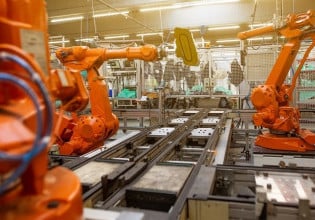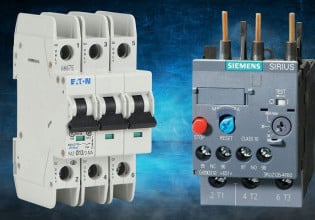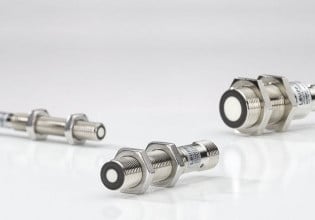A
Sir,
I am pursuing masters degree in mechatronics i need to know what are the qualities should i develop in me to become good control engineer? which softwares need to be learned?
I am pursuing masters degree in mechatronics i need to know what are the qualities should i develop in me to become good control engineer? which softwares need to be learned?






